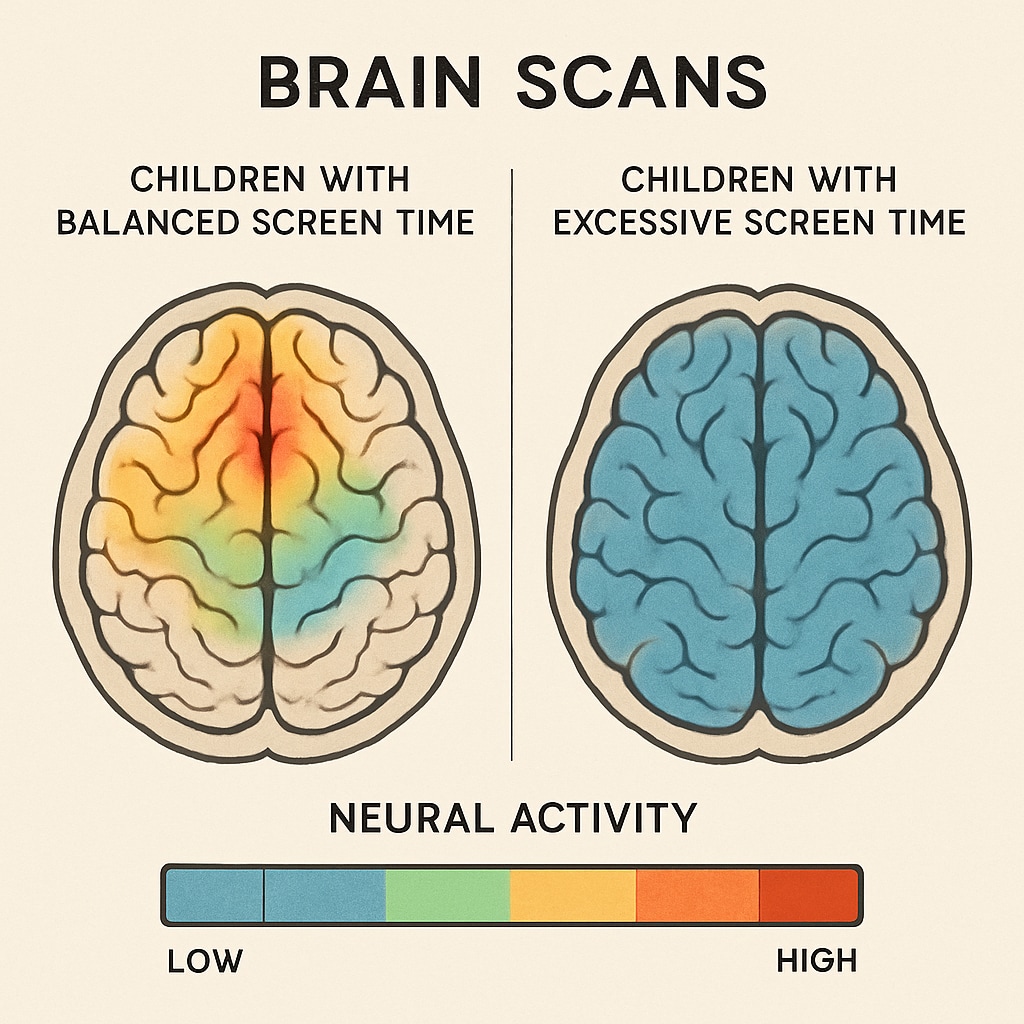Technology addiction, children’s education, and mental health have become inextricably linked in our digital age, creating what psychologists call a “silent epidemic” among K12 students. Recent studies show children aged 8-12 spend over 4.5 hours daily on screens, while teens average 7.5 hours – excluding schoolwork (Source: Common Sense Media). This unprecedented exposure fundamentally alters brain development, social skills, and emotional regulation.
The Psychological Toll of Digital Overconsumption
Neuroscience reveals three alarming impacts of excessive screen time:
- Attention fragmentation – Continuous partial attention reduces focus spans by 40% compared to pre-digital era children
- Emotional dysregulation – Dopamine-driven feedback loops mimic addictive patterns seen in substance abuse
- Social development delays – Virtual interactions fail to teach crucial nonverbal communication skills

Practical Solutions for Tech-Conscious Parenting
Instead of complete device removal, experts recommend these balanced approaches:
- Create tech-free zones – Designate meal times and bedrooms as device-free areas
- Implement the 20-20-20 rule – Every 20 minutes, look at something 20 feet away for 20 seconds
- Use parental controls wisely – Tools like Apple’s Screen Time should educate rather than punish
According to the American Psychological Association, collaborative rule-setting reduces resistance by 65% compared to authoritarian restrictions.

Rebalancing Digital and Analog Experiences
Successful families report these hybrid strategies:
- Scheduled tech hours – Fixed daily periods for educational and recreational use
- Skill-building alternatives – Replace passive consumption with coding classes or digital art
- Family digital detox days – Weekly unplugged days for outdoor activities and hands-on learning
Transition tip: Gradually reduce screen time by 15-minute increments weekly to avoid withdrawal symptoms. Pair reductions with engaging alternatives like sports or crafts.


